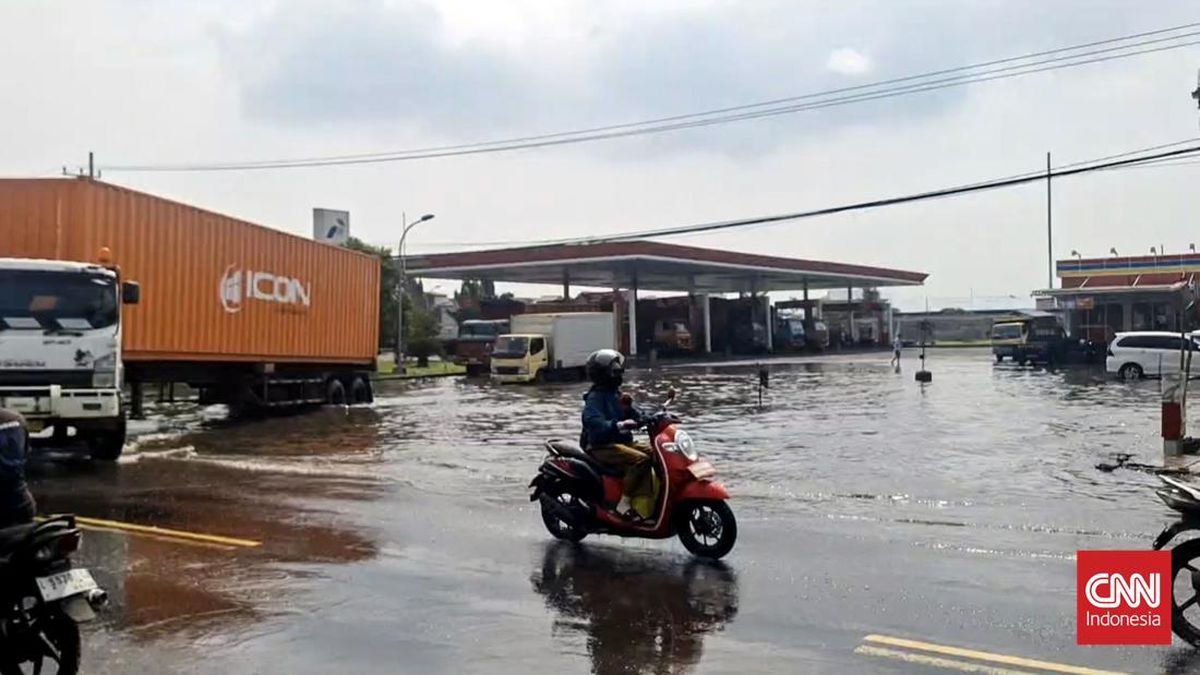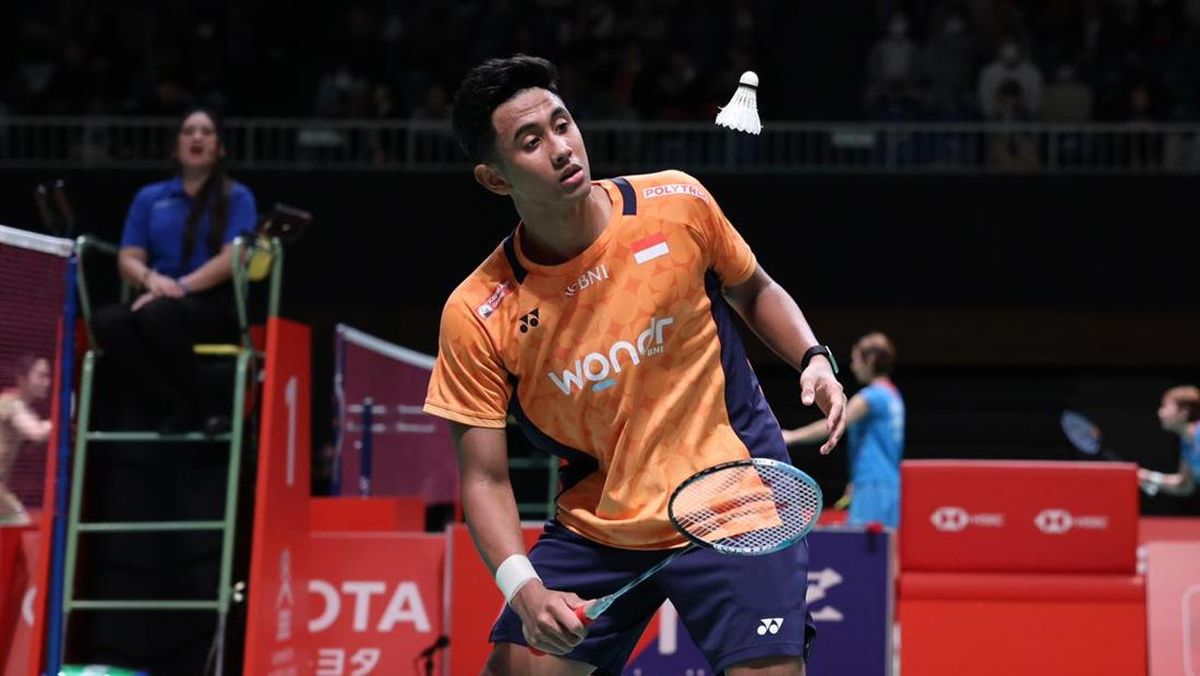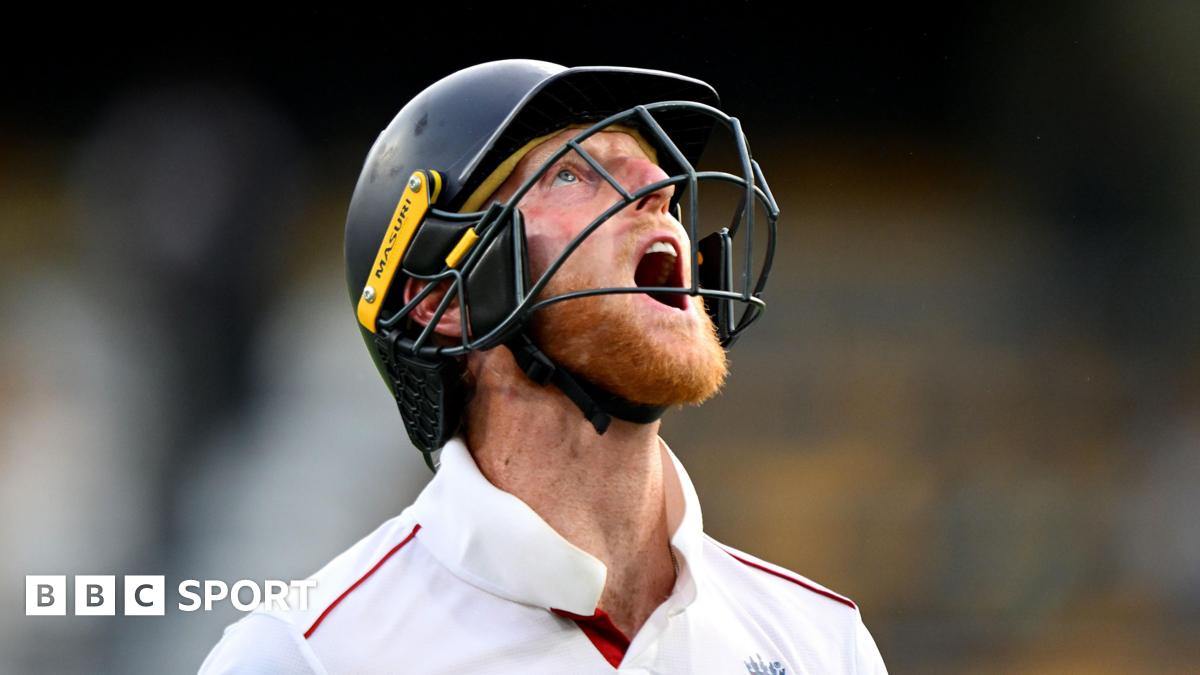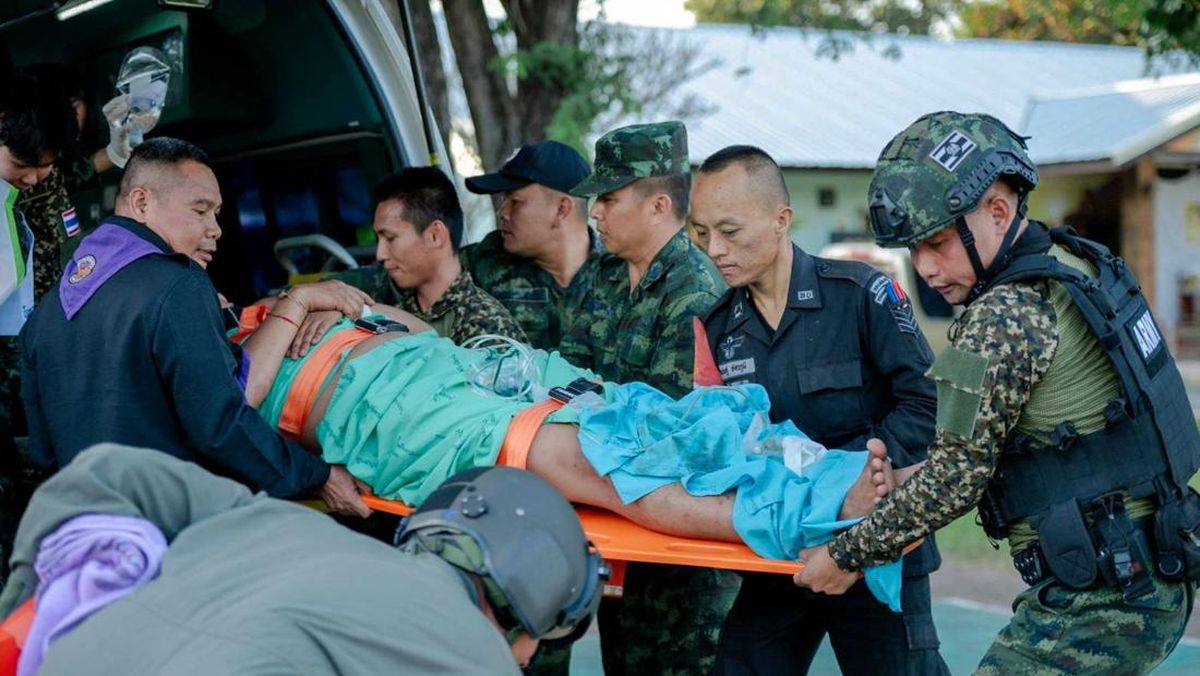Opinion
November 18, 2025 — 5.00am
November 18, 2025 — 5.00am
First, an alliance with Papua New Guinea, our nearest neighbour. Next, the charming of Donald Trump, the mercurial US president partial to Oval Office clobberings.
Rounding out a stunning diplomatic spring, the dealing of fiercely non-aligned Indonesia into a “watershed” defence treaty, heralding the strongest bilateral and personal ties with the rising northern behemoth in 30 years.

Illustration by Dionne GainCredit:
Only a few months ago, this would have seemed an unlikely trifecta.
Ushering Indonesian President Prabowo Subianto lectern-left into the smiles and handshakes of Penny Wong and Richard Marles aboard the HMAS Canberra in Sydney last week, Anthony Albanese, the sun at his face and the Sydney Harbour Bridge at his back, capped the best few weeks of international dealmaking of his prime ministership.
This as the Coalition self-immolates over climate policy. The juxtaposition is stark.
Of Albanese’s and Foreign Minister Wong’s wins since last month, the Indonesia deal, called the Treaty on Common Security, was out of the box. Few even knew the backroom work was going on – and so soon after the nations signed a defence co-operation agreement only last year.
The full text remains secret, but the broad strokes commit both countries to regular “consultation” at leader and ministerial levels on common security challenges.
Most significantly, “if either or both countries’ security is threatened” the relevant people would then “consider what measures may be taken either individually or jointly to deal with those threats”, according to Albanese in his media statement, Prabowo by his side.
What it will mean in practice remains to be seen.
The first thing to be clear about is that it is not a mutual defence treaty like the Pukpuk pact signed last month with Papua New Guinea.

Indonesian President Prabowo Subianto and Prime Minister Anthony Albanese on the flight deck of HMAS Canberra in Sydney, where they announced a defence pact.Credit: Sitthixay Ditthavong
Indonesia, with non-alignment at the core of its foreign policy and far more powerful than PNG, would never agree to anything resembling such a thing.
Prabowo would be unlikely to rush to Australia’s aid in the event of a future US-led conflagration with China, for example. Neither would the treaty, to be formally inked in Jakarta next year, trigger Australian ships to sail for the South China Sea next time Chinese ships encroach on Indonesian waters off the Natuna islands.
The foundation of the pact, rather, appears to be communication and trust, both of which have been missing in the relationship’s tumultuous recent history.
Discussing the deal, Albanese and Wong repeatedly invoke 1995, a kind of golden age in Australia-Indonesia relations, when Paul Keating and then president Suharto came up with similar language.
Loading
Suharto’s 32-year reign collapsed in 1998 amid the Asian financial crisis. The good bilateral vibes fell apart the following year when Australia sent a peacekeeping mission to East Timor.
Prabowo, a true Indonesian blue-blood, last week elevated Suharto, his former father-in-law, to the status of national hero, ostensibly for his military service during the struggle for independence. The move has appalled people old enough to remember the regime’s corruption and killings.
If it’s been a good spell for Albanese, so has it for the dead Indonesian autocrat.
One of the challenges for an Australian prime minister since the end of the Keating and Suharto days has been getting the Indonesians interested in looking south.
Indonesia’s vast archipelago of almost 300 million people is projected to be the world’s fourth-biggest economy behind China, America and India by 2050. It is our great northern shield.
Whereas newly elected Australian prime ministers make a virtue of beelining for Jakarta, Indonesian leaders hardly think of Canberra first, according to Melbourne University’s Professor Tim Lindsey.
Prabowo’s first state visit to Australia comes more than a year after taking office and presidential trips to more than 20 other countries.
But the treaty deal shows he is, indeed, showing interest in Australia.
One of the striking images from last week’s leaders’ press statement (not a conference, as Prabowo doesn’t like questions) was the warm full-court press on Prabowo just afterwards from the three big dogs – Albanese, Wong and Defence Minister Marles – with everyone in matching HMAS Canberra hats.
It was symbolic. The wooing of Prabowo has been a team effort.

Our PM hand-feeding President Prabowo’s scarf-wearing cat, Bobby.Credit:
Joko Widodo was Indonesia’s president for the first couple of years of Albanese’s tenure in Australia, so the PM and Prabowo were really only acquaintances until a visit to Jakarta this year.
Albanese brought along a small red scarf printed with “Australia loves Indonesia” for Prabowo’s beloved cat, Bobby.
The small, unconventional touches in the PM’s diplomacy – like bringing “Albo”-brand beers to British Prime Minister Keir Starmer for a dinner at Downing Street – can be important. Low-key charming.
And what does Prabowo want from the treaty with Australia? After all, we’re on the wrong side of the map if there was conflict over Taiwan or South China Sea.
Loading
One consideration is that Indonesia’s defence outlook has transitioned from internal threats, such as separatism and terrorism, to external threats, like Chinese appropriation of almost all the South China Sea and the potential fallout from major power rivalry.
Amid budget constraints, Indonesia’s heavily land-based military has been slow to modernise and adapt. AUKUS partners such as Australia, with a deep and historical relationship with the US – still the world’s great power – might be handy.
The other consideration is Prabowo’s prolific networking.
“He sees himself as an international statesman who travels the world, cultivating not only partnerships with a range of different actors, but raising Indonesia’s profile,” says Dr Natalie Sambhi, executive director of Verve Research, an independent think tank.

Prabowo Subianto, Russian President Vladimir Putin, Chinese President Xi Jinping and North Korean leader Kim Jong-un in Beijing in September. Credit: AP
Prabowo is far more active on the world stage than his predecessor, Widodo, who prioritised infrastructure at home over foreign affairs.
Sambhi notes how in addition to seeking close ties with Australia and America, Prabowo was photographed in September in Beijing with Russia’s Vladimir Putin, with whom he has close ties, China’s Xi Jinping, with whom he also has close ties, and North Korea’s Kim Jong-un.
“So photographs of him with Albo standing on the HMAS Canberra with the cap on, that’s part of the leader’s photo album,” she says. “It’s saying, ‘look how international I am. I’ve got all of these different kinds of relationships.’ And nobody can accuse him of being in a Western bloc or in a global south bloc because he belongs to everything.”
Loading
The pact with Australia, then, must be viewed in this broader, globe-trotting context.
Some assume the treaty would oblige the Indonesians to inform the Australians if the Russians again came knocking at Indonesia’s door asking to establish an airforce base in the province of Papua, as they were revealed this year to have done.
Despite the hand-wringing in Australia when the request became public, Indonesia would never actually agree to something that would so dismantle its non-aligned status. Future go-nowhere entreaties like this from Russia or any other problematic nation might not even pass whatever consultation threshold the Indonesians think appropriate.
Still, given the archipelago’s strategic geography and growing status, there will undoubtedly be more serious knocks at the door in the future that Australia would like to know about – and vice versa.
Had the treaty been in place before September 2021, we can assume Australia would have “consulted” about AUKUS.
This would have been a good thing, Sambhi says, as it might have lessened the “diplomatic shock” felt by Indonesia.
“What I’m waiting to see is what else announceable comes out of Indonesia in the next few months that seeks to balance any sort of change to that perception of non-alignment,” she says, suggesting a possible deal being cooked up with China.
It’s not unusual for Indonesia, particularly under Prabowo, to play the field. But for a middle-power like Australia, it’s good to be a notch on this bedpost.
Zach Hope is South-East Asia correspondent for The Sydney Morning Herald.
Most Viewed in World
Loading









































